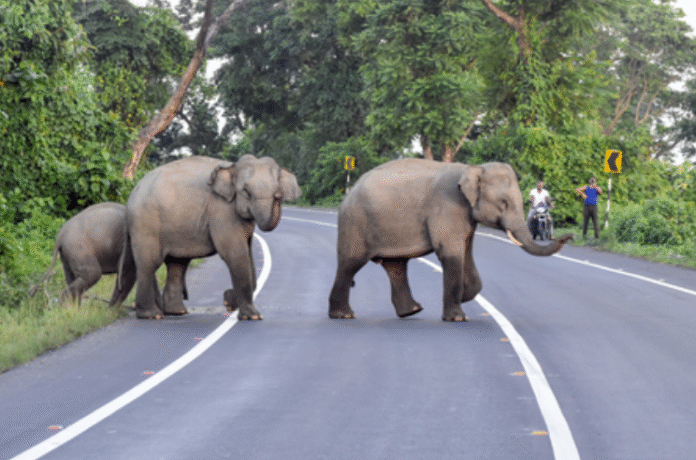CHENNAI– The Coimbatore forest division in Tamil Nadu is grappling with a sharp rise in human-elephant conflicts, as herds increasingly stray into villages, trampling crops, damaging homes, and in some cases injuring residents. The surge has exposed a severe manpower shortage among frontline forest staff tasked with managing such encounters.
Anti-poaching watchers—considered the backbone of on-the-ground conservation—have seen their ranks dwindle dramatically. From a strength of about 160 in 2023, the division now operates with barely 60. Many senior watchers were recently reclassified into other posts, leaving vast stretches of elephant corridors uncovered.
Drawn largely from tribal communities living near the forests, these watchers are valued for their intimate knowledge of the terrain and animal behavior. Their role is central to anticipating herd movements, responding to crop raids, and supporting forest staff in steering elephants back into the wild.
But with so few available, routine patrols and crop protection duties are falling behind. The shortage is especially felt in conflict-prone areas such as Boluvampatti, Periyanaickenpalayam, Karamadai, and Mettupalayam, where elephant incursions are frequent.
“Even when watchers are deployed, many are tied up with clerical or maintenance tasks, leaving little manpower for night patrols,” said one local activist, noting that both community safety and the well-being of elephants are at risk.
Environmental groups argue that expanding the number of dedicated conflict-mitigation teams could drastically reduce confrontations and casualties, while also rebuilding trust with local residents whose livelihoods depend on farming.
Forest officials maintain that vacancies in guard and ranger positions have been filled recently and pledged that more watchers will be hired for high-conflict zones. But for villagers living along the forest edge, the imbalance between human settlements and elephant habitats is becoming increasingly precarious. (Source: IANS)














